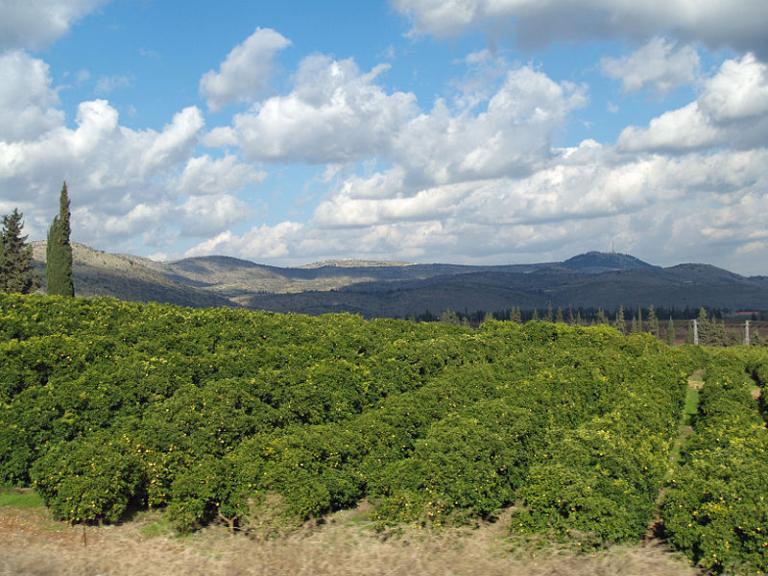
(Wikimedia Commons public domain)
Compare Luke 16:13
The admonition against attempting to serve two masters seems obviously, undeniably true, based on personal and universal human experience.
I can’t help but think, in this context, of the title of Søren Kierkegaard’s little devotional classic, Purity of Heart is to Will One Thing.
And also of the comment of James 1:8: “A double minded man is unstable in all his ways.”
***

Compare 12:22-32.
These verses contain some of the most stunningly impractical and even, in a sense, dangerous and irresponsible advice in the Sermon on the Mount.
Who could possibly survive, living in this manner? Do you really want to belong to a society where nobody worries about, or takes any steps to prepare for, tomorrow?
Our complex economy would crash and burn if everybody took such counsel literally. There would be no investment, no loans, no building, no purchasing of property in order to develop it, and so forth. But even a simple agrarian economy would malfunction on such a basis. People would starve if farmers, refusing to concern themselves with tomorrow, failed to sow crops for future harvest, and if fishermen, unconcerned with where the next day’s food was going to come from, ceased mending their nets and fixing their boats. No houses would be built, because they can’t typically be done in a single day, and work must be done on one day in order to prepare for that of the next.
“Eat, drink, and be merry, for tomorrow we die!” isn’t very good advice in most cases, and scarcely seems Christian.
Obviously, we shouldn’t be unduly worried about tomorrow. We shouldn’t obsess about it. We shouldn’t sacrifice everything that’s important today for the sake of the future, and we shouldn’t neglect family in a quest for wealth.
Maybe these verses are merely hyperbolic, exaggerated to catch our attention — which they certainly do.
But I think it potentially very significant that the Book of Mormon parallel to Matthew 6:25-34, which is 3 Nephi 13:25-34, is precisely bracketed off from the rest of what Jack Welch has termed “the Sermon at the Temple” (the Nephite equivalent of the Sermon on the Mount):
And now it came to pass that when Jesus had spoken these words he looked upon the twelve whom he had chosen, and said unto them: Remember the words which I have spoken. For behold, ye are they whom I have chosen to minister unto this people. Therefore I say unto you,take no thought for your life, what ye shall eat, or what ye shall drink; nor yet for your body, what ye shall put on. Is not the life more than meat, and the body than raiment? . . . And now it came to pass that when Jesus had spoken these words he turned again to the multitude, and did open his mouth unto them again, saying: Verily, verily, I say unto you, Judge not, that ye be not judged. (3 Nephi 13:25, 14:1)
The preceding portion of the Sermon (as its recorded in the Book of Mormon) is directed to the entire multitude, as is the succeeding portion. But the verses in between are addressed to the Twelve, who’ve been called into full-time service.
There is no such division in Matthew’s account of the Sermon, and I can’t demonstrate that the shift in audiences depicted in the Book of Mormon was paralleled in the Old World. But it certainly makes a great deal of sense to me that such seemingly impractical advice would be given not to fishermen and farmers and builders but to full-time missionaries. It fits them, in a way that it doesn’t fit others.












